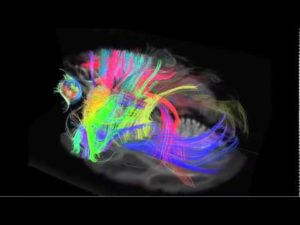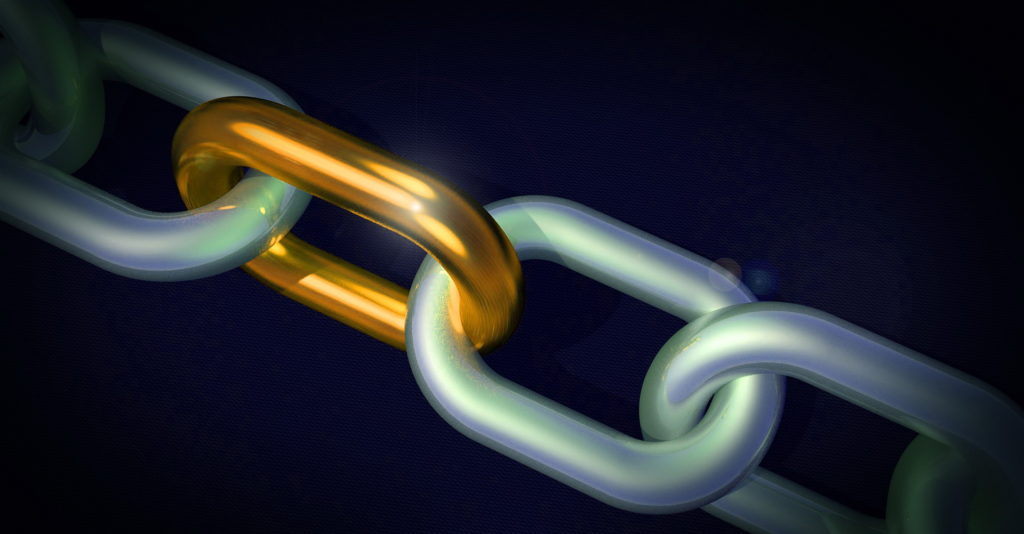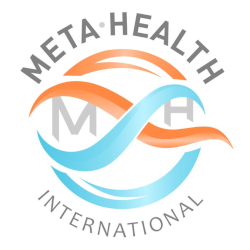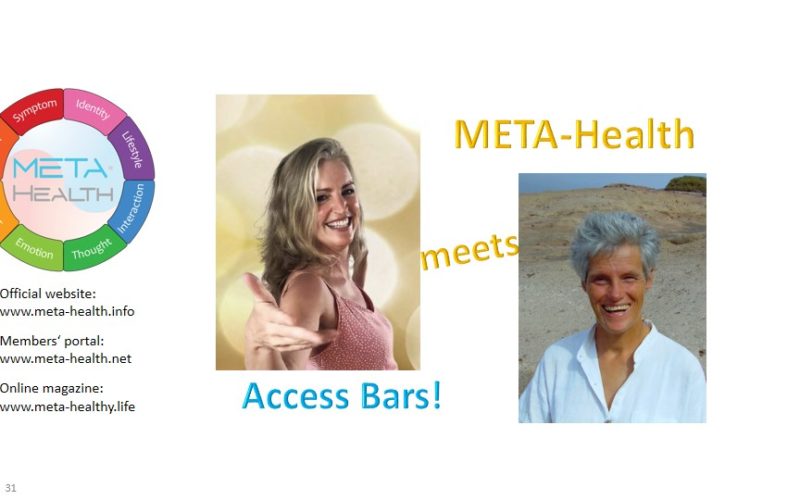
Greatest Gift

A beautiful and haunting poem created by META-Health Practitioner Helen Murray Dukes who is a poet and children’s author. Her writing focuses on communicating the healing journey through poems and stories.
Do conflicts produce happy geniuses?
by Kora Klapp
 When reading the book „Etwas mehr Hirn, bitte“ (“Some more brain, please”) by German neurobiologist Prof Gerald Hüther, I felt both touched and confirmed.
When reading the book „Etwas mehr Hirn, bitte“ (“Some more brain, please”) by German neurobiologist Prof Gerald Hüther, I felt both touched and confirmed.
He shines a light on the circumstances which influence the development of our brain, especially in regard to our creative abilities – and on the consequences domestic and social norms and values represent for accessing our innate potential.
Co-Creation of Illness & Health
by Avnita Suri
One of the most challenging aspects of my work is explaining to someone about how our physical bodies are intertwined with our emotional lives.
How can we say that we have physical conditions if we haven’t even delved into the emotional aspect?

Social Prescribing in mental and physical health
by Jo Trewartha
Currently one third of NHS Clinical Commissioning Groups in England are in the early days of introducing a comprehensive personalised care model. The model includes health for the whole population with the premise that the 30% of people with long-term physical and mental health conditions are targeted with interventions including receiving personal support planning, access to self-management education and health coaching. As a META-Health® Trainer also working within my local community (Dudley, Black Country) and as a Tutor of the Expert Patient Self-Management Program this is resounding good news.
Death is not the Answer
On the 8th Intl META-Health Conference in Mumbai, psychiatrist Dr Anjali Chhabria speaks out about different causes of depression and suicide, the emotional charge on women, the role of social media, and her cause:
The typical conflict constellation leading to suicide is the feeling of having lost everything that matters in your life, both in love and in social position.
Why do I get depressive?
by Kora Klapp

Yes I do. I knew depression and could have died from it some 30 years ago. I’m still aware of how I can feel off balance and feeling down. What I don’t fear anymore is that black hole. I’ll tell you what I learned – but first let’s look at causal factors:
Depression represents an imbalance in the brain and with hormones.
Why does my child throw tantrums?
by Anu Mehta

Your parenting skills are put to test when your child throws tantrums in the public or even in the confines of your house. Temper tantrums in children is a part of their growing up phase. Dealing with them as parents can get frustrating. Tantrums are socially unacceptable, attention seeking behaviour displayed by a child or an adult and is generally characterised by crying, screaming, defiance, anger, ranting or hitting to gain gratification. It can be hugely embarrassing for the parents.
What Pampering can do for your Mind
Doreen Soans Doreen Soans, a hairdresser & META-Health Practitioner, shares her story of what we can do to improve our mood on those days we’re not feeling great, using the tools in our make up kit, wardrobe and kitchen cupboards. We know how hormones can affect how we feel, and she weaves this in with META-Health information about what’s happening in your brain and more importantly, how you can shift it.
New Zealand Meditation
META-Health Master Practitioner and registered nurse Gaylene Hansen is sharing the gift of powerful calming and rejuvenating imagery in her beautiful guided meditation, leading you on a path of discovery to her home, New Zealand.

Limbic talk and the power of imagination
by Kora Klapp
 “That thing about my hands is funny. Look – what can that be about?”
“That thing about my hands is funny. Look – what can that be about?”
The client showed me his dry palms. The skin was scaly at the borders to the back of hand and fingers.
“What are they like, to you?”
“Well, like a fisherman’s hands!” was his answer.
“A fisherman’s hands?”
“Yes, that’s what came up for me. Red, rough hands.” He was used to having soft hands, dancing over a keyboard.
“What’s it for a kind of slippery fish you needed to grab, or that slipped out of your hands, before they turned to be like this?” That was a shot from the hip. I used the same image to suggest a scenario that would make sense, knowing that there must have been a trigger for the change in the skin that had to do with contact or losing touch.
Mastering Healing Consciousness
Abuna Semai talks about his research and experiments with the nature of our mind on 8. Intl META-Health Conference in Mumbai, 2017
META-Health meets Access Bars
Kora Klapp for META-Health International talks with Andrea Antela Martinez, Certified Access Consciousness Facilitator, about her tools for change with ease.

From the content:
- Access Consciousness and Andrea’s story
- The Access Bars and a client experience with stroke
- Facilitate processing trauma: the Implant Band and the Clearing Statement
- Become a question and receive gifts and choices
- How to learn and apply the Access tools
META-Health is a Trauma-Informed Practice
by Kora Klapp

I find that his work validates the understanding of UDIN experiences (unexpected, dramatic, isolating, no strategy) as triggers for changes in the brain, that META-Health adopted from Dr Ryke Geert Hamer. Also, Hamer’s concept of conflict constellations creating Meta-programs that shape or alter our personality shone through Bessel’s presentation.
Let me explain:
